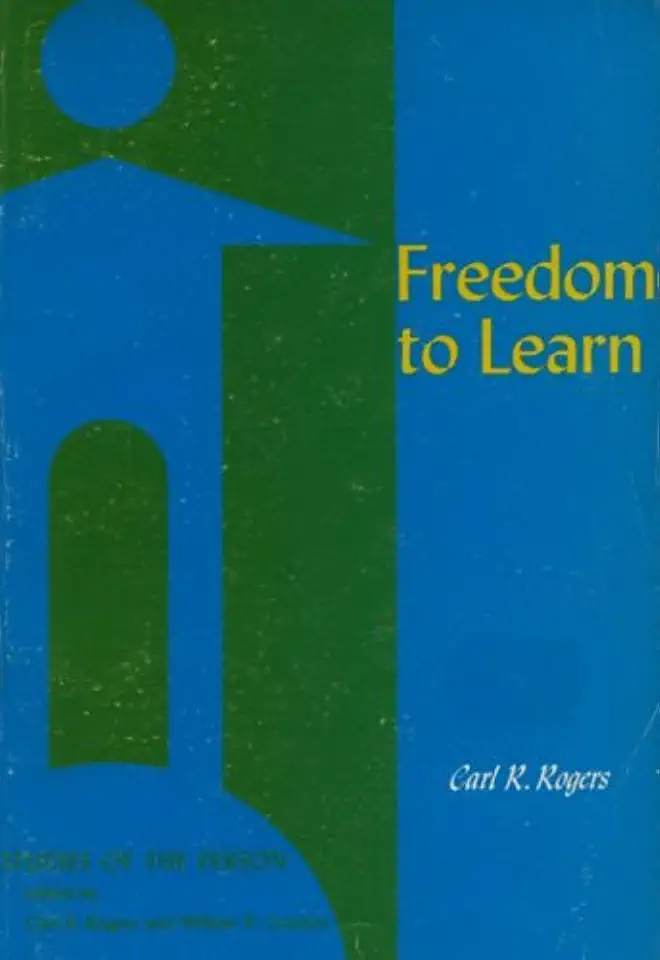
Freedom to Learn - Carl Rogers
Freedom to Learn: A Revolutionary Approach to Education
In his groundbreaking book, "Freedom to Learn," Carl Rogers presents a compelling argument for a radical shift in the way we approach education. Drawing on his extensive experience as a psychologist and educator, Rogers challenges traditional teaching methods and advocates for a learner-centered approach that emphasizes the importance of personal growth and self-directed learning.
A Critique of Traditional Education
Rogers begins by critiquing the traditional educational system, which he argues is based on a flawed model of learning. This model assumes that students are empty vessels waiting to be filled with knowledge, and that the primary role of the teacher is to transmit information. Rogers argues that this approach is not only ineffective, but it also stifles creativity and discourages independent thinking.
The Learner-Centered Approach
Rogers proposes an alternative approach to education that is based on the belief that learning is a natural process that occurs best when students are free to explore their own interests and pursue their own learning goals. He argues that the role of the teacher is not to lecture or instruct, but to facilitate learning by creating a supportive environment in which students feel safe to take risks and make mistakes.
The Importance of Personal Growth
Rogers emphasizes the importance of personal growth in the learning process. He argues that true learning occurs when students are able to connect new knowledge to their own experiences and make it personally meaningful. This process of self-discovery is essential for developing a deep understanding of the world and for becoming a well-rounded individual.
Self-Directed Learning
Rogers advocates for self-directed learning as the most effective way to achieve personal growth. He argues that students should be given the freedom to choose their own learning materials and to set their own learning goals. This approach allows students to develop their own unique interests and talents, and it also helps them to become more independent and self-motivated.
The Role of the Teacher
In a learner-centered approach to education, the role of the teacher is to facilitate learning rather than to instruct. This means creating a supportive environment in which students feel safe to take risks and make mistakes, and providing guidance and encouragement when needed. The teacher should also be a resource for students, helping them to find the information and resources they need to pursue their learning goals.
Conclusion
"Freedom to Learn" is a powerful and persuasive argument for a radical shift in the way we approach education. Rogers' learner-centered approach is based on the belief that learning is a natural process that occurs best when students are free to explore their own interests and pursue their own learning goals. This approach has the potential to transform education and to help students reach their full potential.
Why You Should Read This Book
If you are interested in learning more about the learner-centered approach to education, or if you are simply looking for a new way to think about education, then I highly recommend reading "Freedom to Learn." This book is a classic in the field of education, and it has the power to change the way you think about learning.
Where to Buy
You can purchase "Freedom to Learn" from a variety of online retailers, including Amazon, Barnes & Noble, and Books-a-Million. You can also find it in most libraries.
Enjoyed the summary? Discover all the details and take your reading to the next level — [click here to view the book on Amazon!]